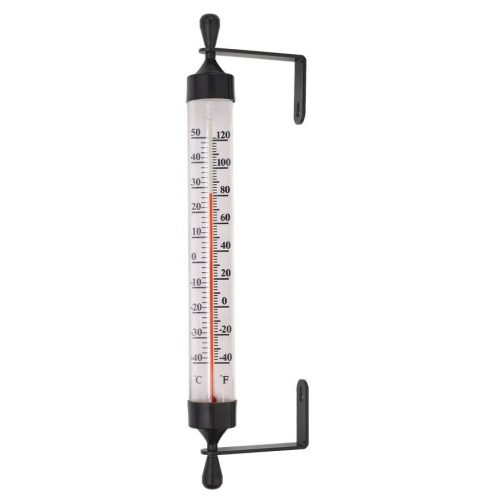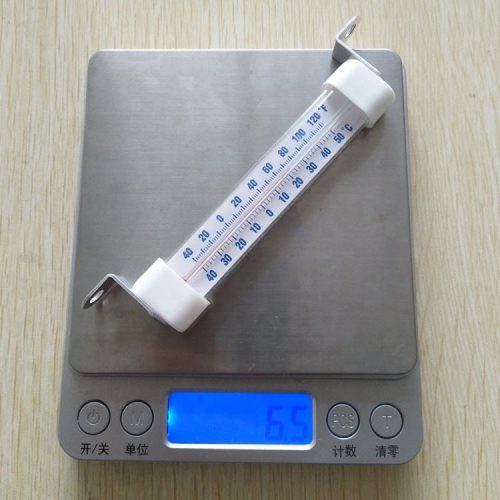Hygrometers play a significant role in numerous industries due to their capability to measure humidity levels accurately. Here’s a breakdown of how hygrometers are utilized in various sectors:
1. Hvac and building management:
Indoor comfort: Hygrometers are integrated into heating, ventilation, and air conditioning (hvac) systems to regulate indoor humidity levels for optimal comfort.
Mold prevention: They help prevent mold growth by maintaining appropriate humidity levels in buildings.
2. Pharmaceuticals and laboratories:
Product stability: Hygrometers ensure controlled humidity environments for preserving the stability of medications, chemicals, and lab samples.
Quality control: Essential for maintaining precise conditions in pharmaceutical manufacturing and research laboratories.
3. Food and beverage industry:
Food preservation: Hygrometers assist in monitoring humidity in food storage facilities to prolong shelf life and maintain quality.
Brewing and wine production: Crucial in maintaining specific humidity levels for fermenting processes.
4. Agriculture and greenhouses:
Crop cultivation: Hygrometers regulate humidity levels in greenhouses to create ideal conditions for plant growth and prevent diseases caused by excessive moisture.
Livestock management: Ensures optimal conditions in animal housing for livestock health.
5. Manufacturing:
Electronics: Critical for electronics manufacturing to prevent moisture-related damage.
Paper and textiles: Maintain optimal moisture levels to prevent warping, wrinkling, or degradation.
6. Museums and archives:
Artifact preservation: Hygrometers are used to monitor humidity levels to preserve valuable artifacts, documents, and artwork.
7. Meteorology and weather stations:
Weather forecasting: Hygrometers in weather stations measure humidity, providing essential data for weather forecasts and climate studies.
8. Aerospace and automotive:
Manufacturing and storage: Hygrometers help maintain controlled humidity levels in production areas and storage facilities to prevent corrosion in sensitive equipment and components.
9. Data centers and cleanrooms:
Data centers: Precise humidity control is vital for the operation and preservation of electronic equipment in data centers.
Cleanrooms: Hygrometers are used to maintain ultra-clean and controlled environments necessary for semiconductor manufacturing, pharmaceuticals, and biotechnology industries.
10. Health and healthcare facilities:
Patient comfort: Hygrometers ensure comfortable and healthy conditions for patients by controlling humidity levels.
Infection control: Proper humidity levels help prevent the spread of infections in healthcare settings.
In summary, hygrometers are essential tools across a wide array of industries, helping to maintain optimal humidity levels crucial for comfort, health, preservation, manufacturing processes, quality control, and environmental management.


